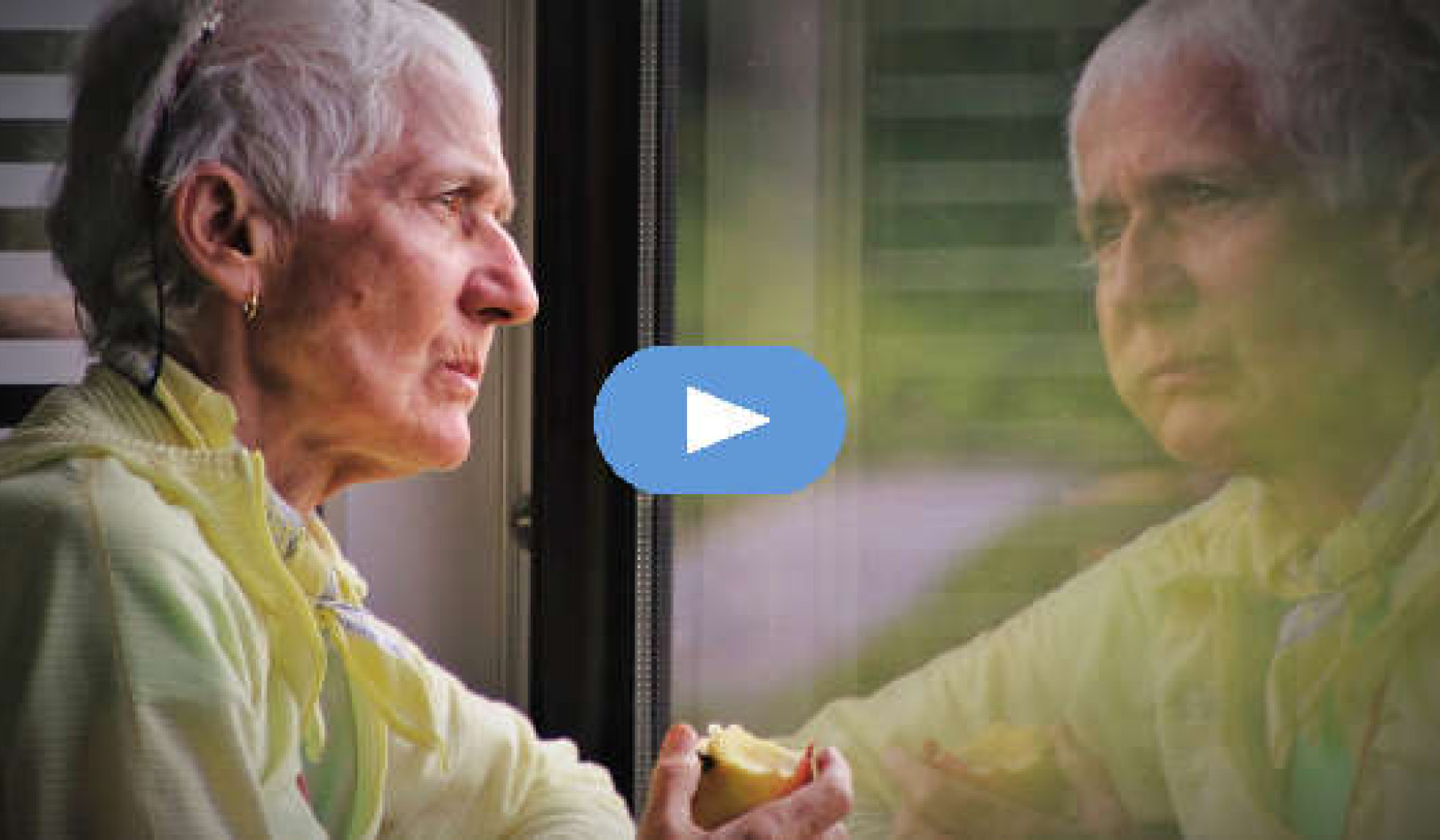
It would be rare to have no psychopathic tendencies. Take this test and see just how many you have.
The Hare Psychopathy Checklist-Revised (PCL-R) is a diagnostic tool developed by Dr. Robert D. Hare to assess the presence of psychopathy in individuals. The PCL-R is widely used in clinical, forensic, and research settings to identify psychopathic traits and tendencies. The test consists of 20 items that cover a range of personality traits and behaviors commonly associated with psychopathy.
The PCL-R is based on a two-factor model, which divides psychopathy into two main components:
Factor 1 - Affective/Interpersonal Traits: This factor includes traits related to emotional detachment, manipulativeness, superficial charm, grandiosity, and lack of empathy or remorse. These traits represent the interpersonal and affective aspects of psychopathy.
Factor 2 - Social Deviance/Lifestyle Traits: This factor includes traits related to impulsivity, irresponsibility, poor behavioral control, criminal versatility, and antisocial behavior. These traits represent the social deviance and lifestyle aspects of psychopathy.
Each of the 20 items on the PCL-R is scored on a three-point scale (0, 1, or 2) based on the extent to which the trait is present in the individual:
-
0: The trait does not apply to the individual.
-
1: The trait applies to the individual to some extent, or is present in some situations.
-
2: The trait fully applies to the individual, or is present in most situations.
The scores for all 20 items are then summed to produce a total score, which can range from 0 to 40. A higher score indicates a higher level of psychopathic traits. The specific cut-off score for a diagnosis of psychopathy may vary depending on the jurisdiction or clinical setting. In general, a score of 30 or above is often considered indicative of psychopathy in the United States, while a score of 25 or above is used in some European countries.
It is important to note that the PCL-R is not a stand-alone diagnostic tool. It should be administered and interpreted by a trained mental health professional who is familiar with the assessment of psychopathy and has access to collateral information about the individual's history and behavior.
In addition to the PCL-R, there are other tools and measures available for assessing psychopathy, such as the Psychopathy Checklist: Screening Version (PCL:SV) and the Hare Self-Report Psychopathy Scale (SRP-III). These tools may be more appropriate for certain populations or situations and are also used in research and clinical settings.
It is important to remember that a diagnosis of psychopathy should not be made solely on the basis of a high score on the PCL-R or any other assessment tool. A comprehensive evaluation that takes into account the individual's personal history, behavior, and other relevant factors is necessary for an accurate diagnosis. Furthermore, the concept of psychopathy is still debated among experts, and the PCL-R is just one approach to understanding and assessing this complex personality disorder.
Here is the list of the 20 items on The Hare Psychopathy Checklist-Revised (PCL-R) :
-
Glibness/superficial charm: Possessing a superficially charming and engaging demeanor.
-
Grandiose sense of self-worth: Having an exaggerated sense of self-importance and entitlement.
-
Need for stimulation/proneness to boredom: Seeking constant excitement and stimulation, often becoming bored easily.
-
Pathological lying: Engaging in frequent and compulsive lying, often without any clear reason.
-
Conning/manipulative: Using deceit and manipulation to achieve personal goals or exploit others.
-
Lack of remorse or guilt: Showing little to no remorse for actions that harm others.
-
Shallow affect: Exhibiting a limited range of emotional expression or shallow emotional responses.
-
Callous/lack of empathy: Demonstrating a lack of concern for the feelings and suffering of others.
-
Parasitic lifestyle: Relying on others for financial or emotional support, often exploiting their generosity.
-
Poor behavioral controls: Struggling with controlling impulsive or aggressive behaviors.
-
Promiscuous sexual behavior: Engaging in numerous casual sexual relationships or displaying a pattern of sexual irresponsibility.
-
Early behavior problems: Exhibiting a history of conduct issues or antisocial behavior during childhood or adolescence.
-
Lack of realistic, long-term goals: Struggling to set or maintain realistic long-term objectives, often leading a directionless life.
-
Impulsivity: Acting on the spur of the moment without considering the consequences of one's actions.
-
Irresponsibility: Failing to fulfill personal or professional obligations, often resulting in negative consequences for oneself or others.
-
Failure to accept responsibility for own actions: Consistently blaming others or external circumstances for one's mistakes or shortcomings.
-
Many short-term marital relationships: A history of brief and unsuccessful marriages or serious relationships.
-
Juvenile delinquency: Engaging in criminal or antisocial behavior during adolescence.
-
Revocation of conditional release: Violating the terms of probation or parole, often resulting in a return to incarceration.
-
Criminal versatility: Demonstrating a diverse range of criminal activities, reflecting a willingness to engage in various forms of illegal behavior.
A score of 30 or above, in the US, is often used as a cutoff for a diagnosis of psychopathy in research and forensic settings. However, it is important to note that the PCL-R should be administered and interpreted by trained professionals, as the assessment of psychopathy is a complex process that requires a comprehensive understanding of the individual's history and behavior.

Related Books:
Atomic Habits: An Easy & Proven Way to Build Good Habits & Break Bad Ones
by James Clear
Atomic Habits provides practical advice for developing good habits and breaking bad ones, based on scientific research on behavior change.
Click for more info or to order
The Four Tendencies: The Indispensable Personality Profiles That Reveal How to Make Your Life Better (and Other People's Lives Better, Too)
by Gretchen Rubin
The Four Tendencies identifies four personality types and explains how understanding your own tendencies can help you improve your relationships, work habits, and overall happiness.
Click for more info or to order
Think Again: The Power of Knowing What You Don't Know
by Adam Grant
Think Again explores how people can change their minds and attitudes, and offers strategies for improving critical thinking and decision making.
Click for more info or to order
The Body Keeps the Score: Brain, Mind, and Body in the Healing of Trauma
by Bessel van der Kolk
The Body Keeps the Score discusses the connection between trauma and physical health, and offers insights into how trauma can be treated and healed.
Click for more info or to order
The Psychology of Money: Timeless lessons on wealth, greed, and happiness
by Morgan Housel
The Psychology of Money examines the ways in which our attitudes and behaviors around money can shape our financial success and overall well-being.



























